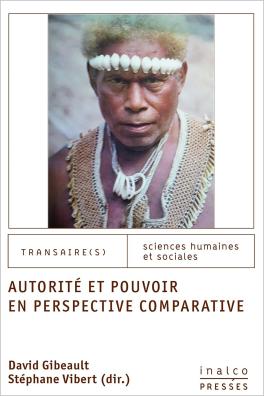
Authority and Power from a Comparative Perspective
35 €
Presentation
Authority, a major theme in political philosophy, is seemingly a mystery (or mystification) in our modern societies. We deplore (or celebrate) its disappearance, at a time when “power relations” figure in some theories as the key to opening all doors of sociological knowledge, thanks to their infinite capacities for revealing the interests hidden in all social relations.
By placing each form of observed authority in the whole of each culture, this book not only draws conclusions on the nature of authority, but also paves the way for general methodological considerations by underlining the weaknesses of “potestative anthropologies” where power relations alone underpin social order.
Editors
David Gibeault’s work has focused on the northern region of Hubei Province in central China since 1998. His research explores kinship and religion in rural communities, as well as the Wudang Mountains, sacred in Taoism and for the ruling house of the Ming dynasty.
Stéphane Vibert is a professor at the School of Sociological and Anthropological Studies of the University of Ottawa (Canada) and a Director of Research at the Centre of Interdisciplinary Research on Central Europe (CIRCE). His research focuses on the notion of “community” in social sciences and the theoretical and epistemological understanding of holism in contemporary societies.
387 pages
16 x 24 cm
Publication: 12/12/2017
ISBN: 9782858312481